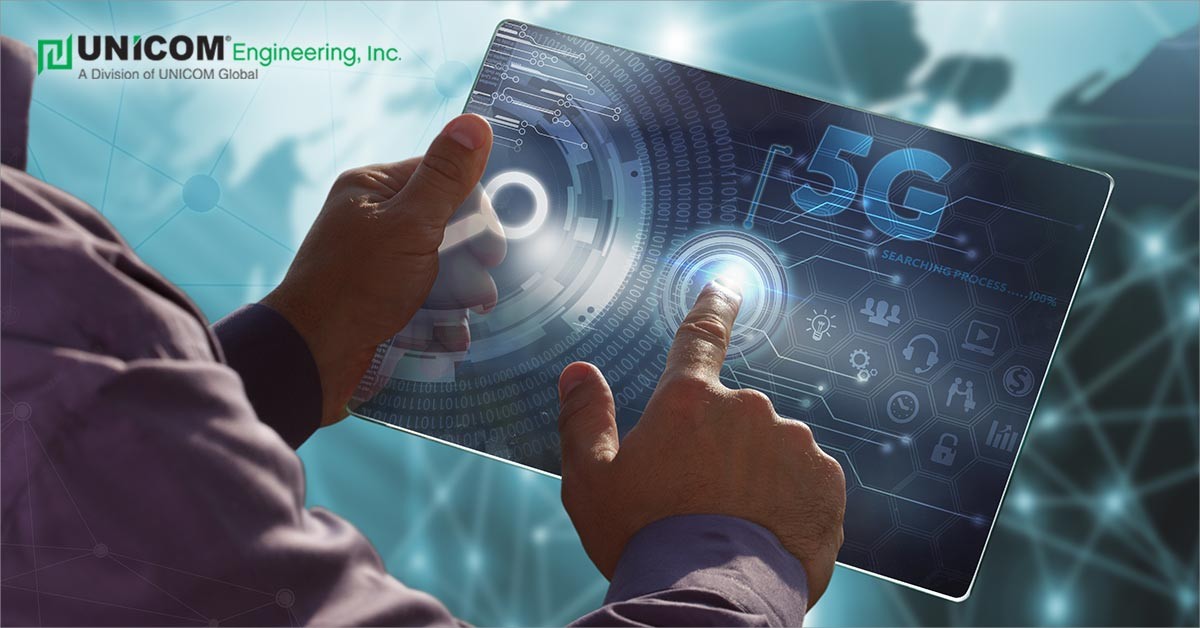Although we’re still a few years from the anticipated 5G rollout, experts are predicting with confidence that connectivity over cellular networks will become far richer and easier, facilitating tech as varied as Virtual Reality to autonomous cars. In short, where once we felt a connectivity “hit” when we were away from our home or office WiFi networks, expect connectivity affecting all parts of life to become nearly seamless in only a few years’ time. This advance will have far-reaching effects on many aspects that impact our daily lives--medicine, social connectivity, shopping--and will likely affect us in ways we can’t even fully comprehend.
The 5G Rollout is Coming
The coming 5G network is no mere upgrade--it is a true revolution, transformative across all industries and societal strata. It will be an industry disrupter, launching new classifications of technology and allowing the emergence of previously unseen business models. In only a few years from today, 5G will forever alter the way we interact with one another, experience the world around us, and how we do business.
5G Drives More Power into IoT
Developing a powerful and sustainable 5G network capable of moving more data than ever is absolutely vital to a future world shaped by the Internet of Things (IoT) and Smart Cities. The world of the near future depends on omnipresent networks able to transmit and receive large amounts of data with no latency--people’s lives will depend on this capability. Hospitals and autonomous cars will need to use it without interruption. Now, imagine a world with billions of connected IoT devices. 5G networks will not only need to be able to handle the traffic, but companies across the industry will need to develop technology able to take full advantage of 5G networks without compromising security or drawing too much power.
More Performance for the Connectivity Revolution
IoT will make the promised innovations of the near future possible in part by connecting far more devices to public networks than are connected today. In fact, conservative estimates state that at least 10,000 times more devices will be online, making unprecedented demands on network infrastructure. This will result in an estimated data capacity demand of a least 1000x beyond what we see today across our networks. Even more challenging, future connected technology will demand a 10x reduction in data latency.
Low-Power Edge Servers
Computing and analytics are moving to the edge to process data quickly and closer to the source. UNICOM Engineering will soon launch edge-server platforms that offer low-power compute and, in some instances, enclosures created for a wide array of environments outside the traditional data center. This will further reduce network latency and utilize all of 5G’s cellular data speed capacity. In fact, cellular networks are going to be more intelligent overall--decentralized and using far less power, vastly improving the way services are delivered to mobile subscribers.
The introduction of 5G likely represents a turning point in the history of technology and communications, and it promises to transform the way our world communicates and conducts daily life. UNICOM Engineering is working with its partners to make this transition to a brighter future as seamless as possible.
For more information, visit UNICOM Engineering at www.unicomengineering.com or call us at 800-977-1010.
